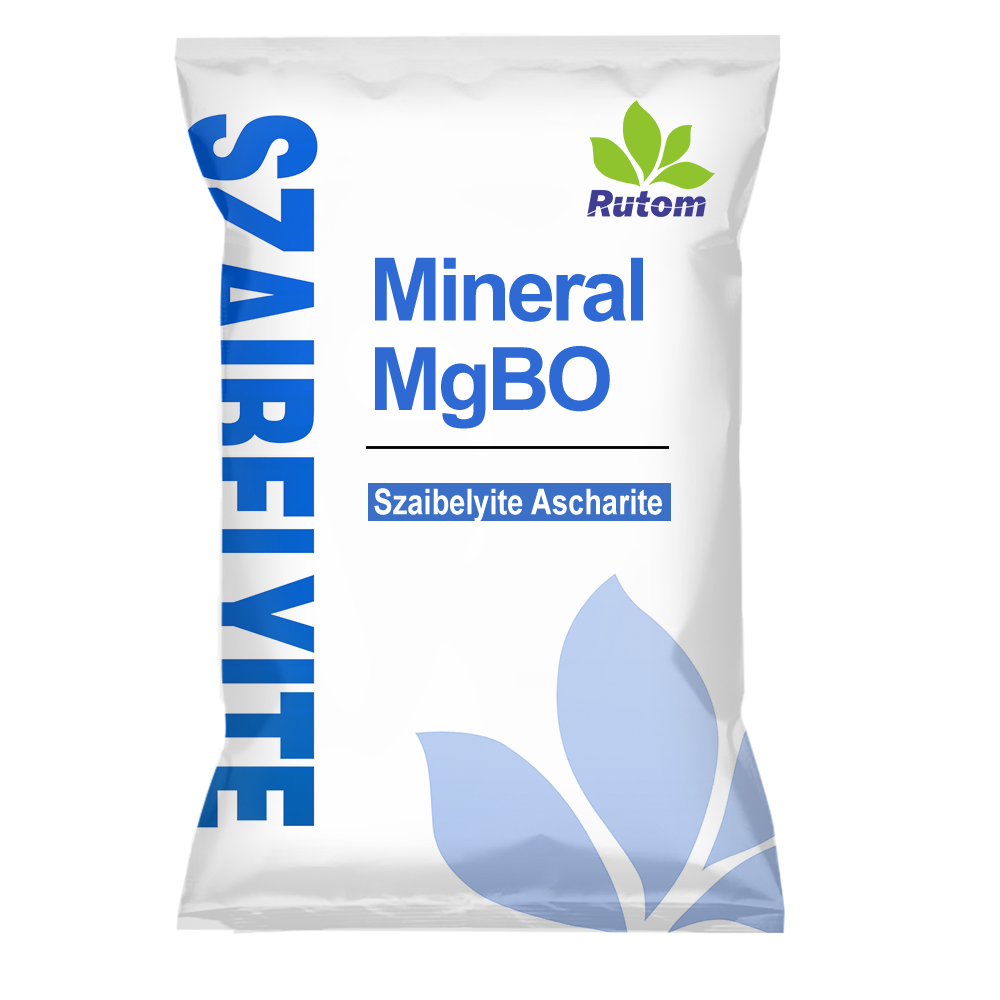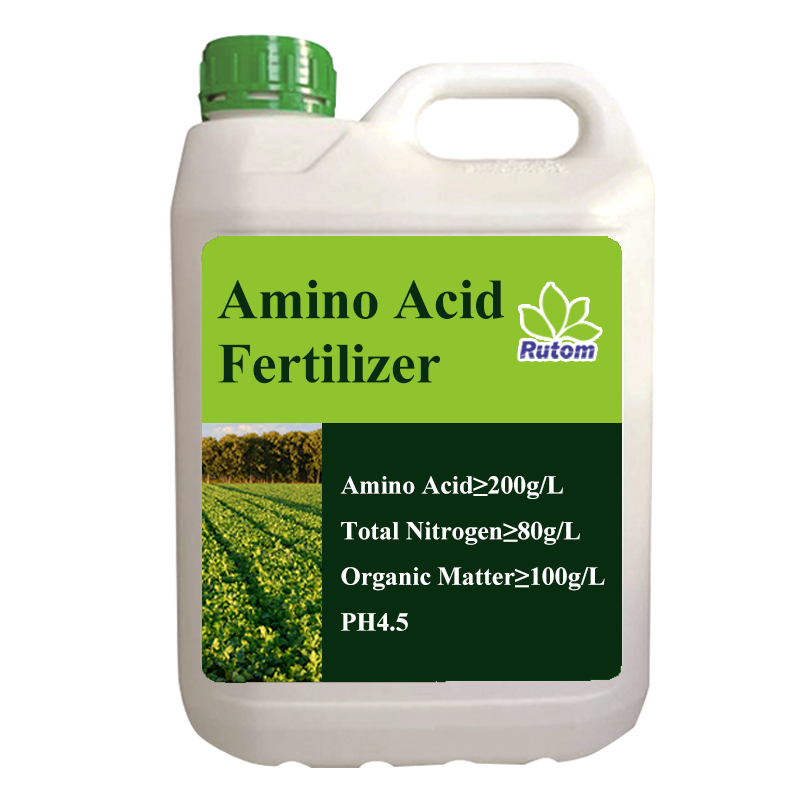The role of beneficiary bacterial in soil, and why they are good for plants
Beneficial bacteria play several crucial roles in soil ecosystems, ultimately benefiting plants in numerous ways. Here are some key roles of beneficiary bacteria in soil and why they are good for plants:
Nitrogen Fixation: Certain bacteria, particularly species of Rhizobium, Azotobacter, and Bradyrhizobium, are capable of fixing atmospheric nitrogen into a form that plants can readily use. This process is vital because nitrogen is an essential nutrient required for plant growth and development. By converting atmospheric nitrogen into ammonia or other nitrogen compounds, these bacteria help increase soil fertility and promote healthy plant growth.
Nutrient Cycling: Beneficial bacteria participate in the decomposition of organic matter in the soil, breaking down complex organic compounds into simpler forms. This decomposition process releases essential nutrients such as nitrogen, phosphorus, and sulfur, making them available for plant uptake. As a result, these bacteria contribute to nutrient cycling and the overall fertility of the soil.
Plant Growth Promotion: Certain strains of bacteria, such as those belonging to the genera Bacillus and Pseudomonas, have been shown to promote plant growth through various mechanisms. These bacteria can produce plant growth-promoting substances such as auxins, cytokinins, and gibberellins, which stimulate plant growth and development. Additionally, they can solubilize phosphorus and other nutrients, making them more accessible to plants.
Disease Suppression: Beneficial bacteria can also play a role in suppressing plant diseases by competing with pathogenic organisms for resources, producing antimicrobial compounds, or inducing systemic resistance in plants. For example, some strains of Bacillus spp. produce antibiotics or enzymes that inhibit the growth of plant pathogens, thereby protecting plants from diseases.
Improving Soil Structure: Certain bacteria, such as those involved in the formation of soil aggregates, can contribute to soil structure improvement. By producing polysaccharides and other substances that bind soil particles together, these bacteria help create stable soil aggregates, which enhance soil porosity, water infiltration, and root penetration. Improved soil structure promotes better aeration, drainage, and nutrient uptake by plant roots.
Overall, beneficiary bacteria play a crucial role in maintaining soil fertility, promoting plant growth, and protecting plants from diseases. Incorporating practices that support the proliferation of beneficial bacteria, such as maintaining organic matter levels, minimizing soil disturbance, and using microbial inoculants, can help optimize soil health and enhance plant productivity in agricultural systems.






